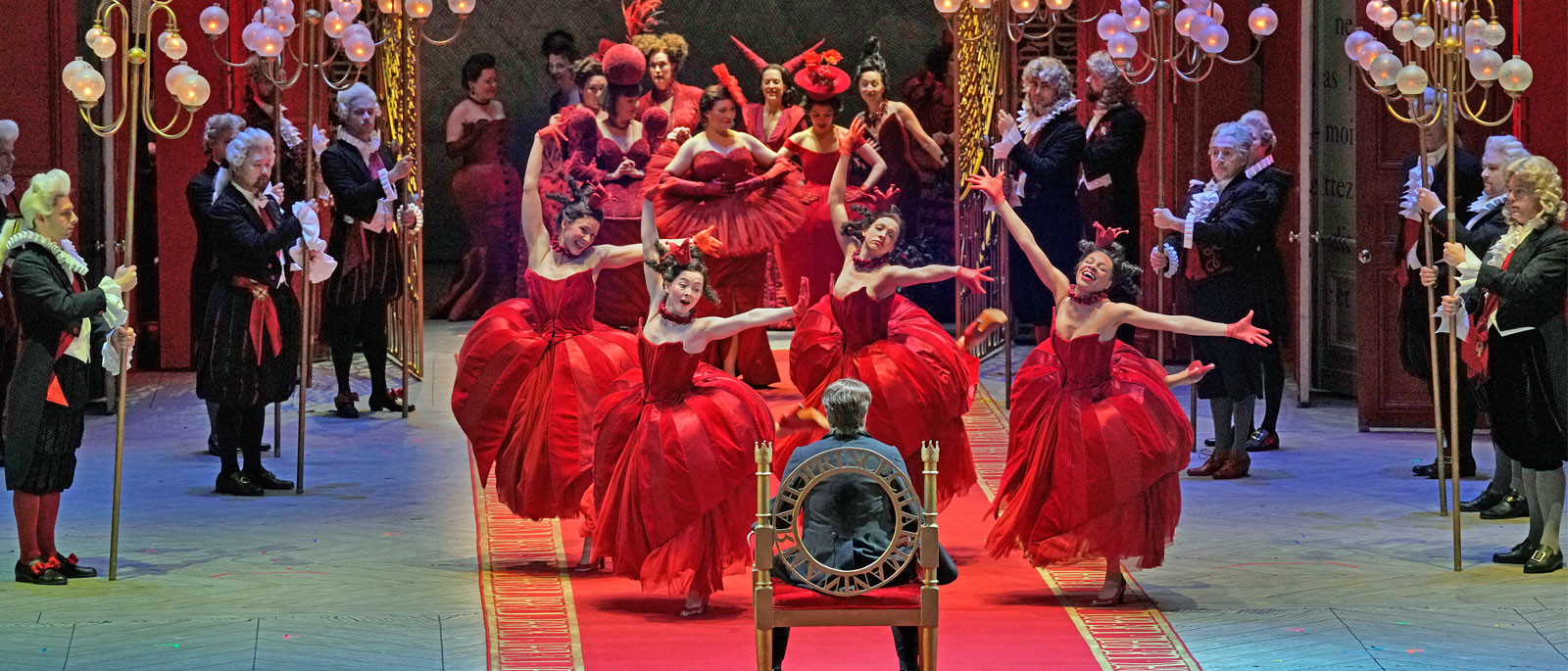
Philosophical Chairs
Philosophical Chairs is an activity designed to foster critical thinking, active inquiry, and respectful dialogue among students. To play a game of Philosophical Chairs, participants agree or disagree with a series of statements, but the game doesn’t end there. The most crucial element of the game is what happens next: Participants discuss their points of view and can switch sides if their opinions change during the discussion. (For more tips on using Philosophical Chairs in a classroom or via a remote-learning platform, see the activity description in your Google Classroom.)
Each topic statement is deliberately open-ended yet ties into a number of the themes present in Cendrillon—including the cruelty of bullying, the complexities of familial relationships, and the nobility of forgiveness. As you and your students explore and learn about Cendrillon, you can return to these statements: What do they have to do with the opera’s story? How might these questions help us explore the opera’s story, history, and themes?
The Statements
- Life is fair.
- Parents should make their children do chores.
- Beauty is one of the most important things in life.
- Your parents should have a say in whom you marry.
- Popularity and riches are more important than personality.
- Beauty is fleeting—here today, gone tomorrow.
- It’s okay to mock others.
- Parents should stick up for their children.
- Forgiveness is an act of courage.
- Everyone has a soulmate.
Keep in mind that the process of this activity is just as important as the statements themselves. Imagine a world in which everyone actively listens to one another and engages in respectful dialogue, honoring others and showing respect for the wide array of diverse ideas and opinions that others hold. Philosophical Chairs fosters exactly this kind of space, encouraging students to take what they’ve learned and change the global landscape for generations to come.